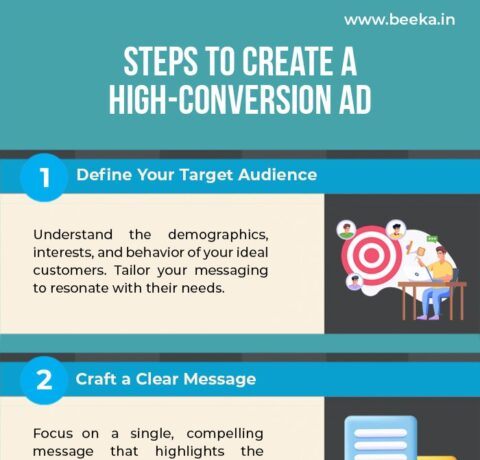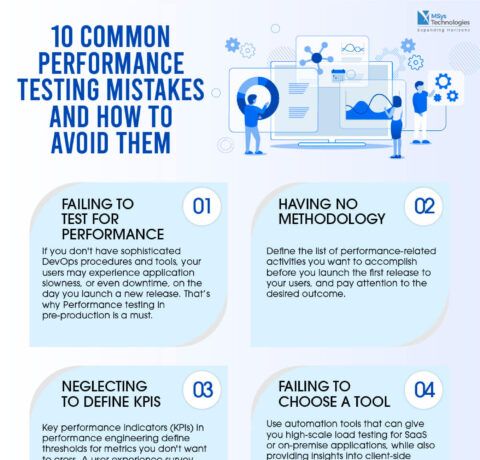The Science of Learning Infographic
The science of learning is not only fascinating, it’s powerful. Understanding how our brains function and retain information is the invaluable information we use to drive change through our learning and development programs. The Science of Learning Infographic presents what science has taught us about learning in the last few years.
What the science of learning tells us about how:
- The brain itself changes: Neuroplasticity recently is the technical term for the fact that our brains adapt and change. On the plus side, that means that we can learn new things, but it also means that what we don’t use, we lose.
- Emotions impact learning outcomes: If we feel passionate or interested about a topic, we’re more likely to want to learn about it. A recent study showed that your emotions actually cause your brain to work differently at a chemical level.
- Humans learn best as social animals: Humans are social animals, so it makes sense that we learn better together. While theories of social learning have been around for a long time, we’ve only just begun to have technology that allows us to create a social learning experience within an online environment.
- To blend different learning experiences to maximize success: Ιntegrated social learning allows us to leverage learning models like the 70:20:10 model, using technology for a richer learning experience.
- Gamification can be implemented to improve outcomes: Gamification is the new trend in learning, and it’s rooted in some very sound cognitive science. Humans learn best by doing, and learning games allow us to do just that. When we succeed, our brains release endorphins, which give us a boost of positive reinforcement. When we fail, our brains kick into an engaged mode and we’re motivated to practice and try again.
The infographic also outlines how we approach implementing this science into our programs through:
- Learning management platforms
- Micro, mobile and social learning
- Blended and personalized solutions
and how storytelling affects the brain and therefore learning outcomes through:
- Neural coupling
- Mirroring
- Dopamine
- Cortex activity
See also:







You can adjust your cookie preferences here.